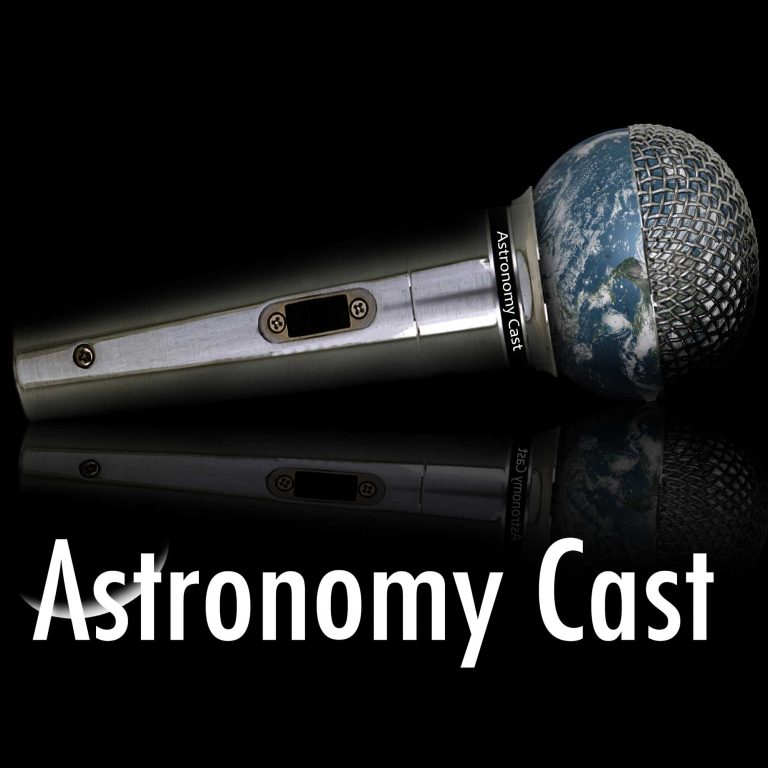The time has come. The mighty Vera Rubin Observatory has finally come on line and delivered its “first light” images
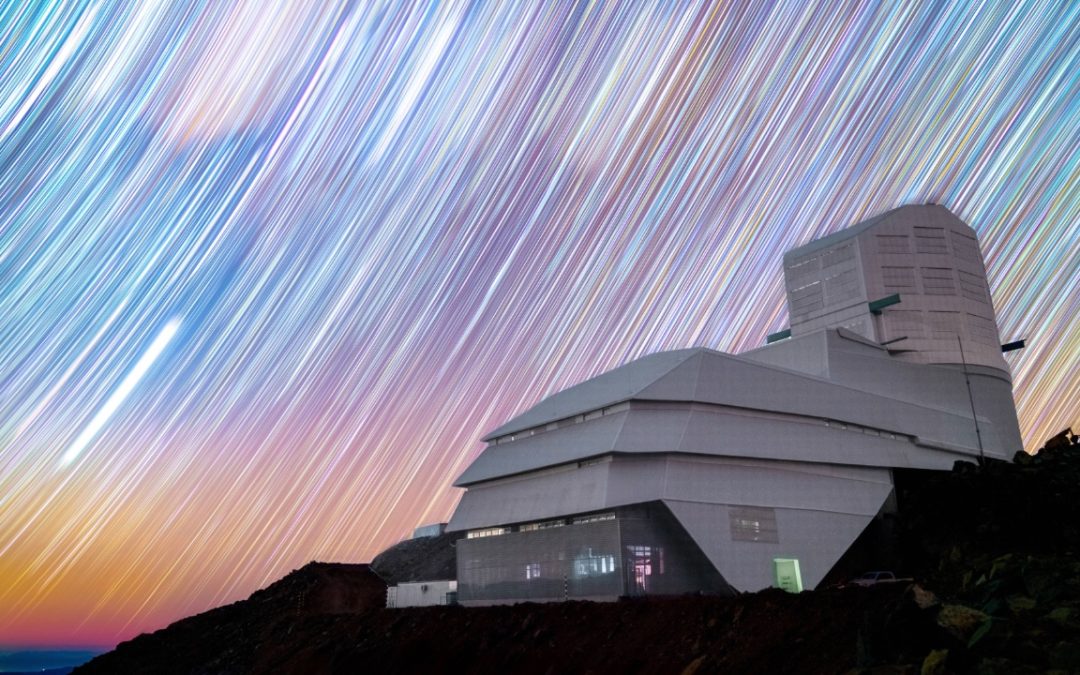



The time has come. The mighty Vera Rubin Observatory has finally come on line and delivered its “first light” images
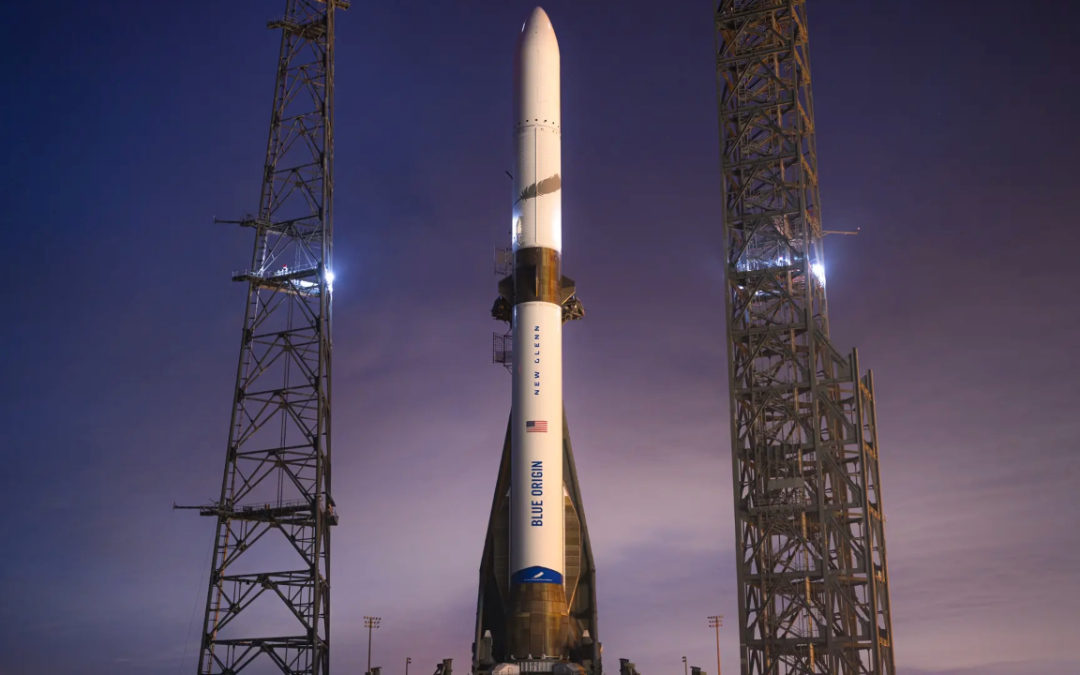
It’s almost time for our annual summer hiatus, but before we go, we wanted to direct you towards all the fun and space stuff we’ll be enjoying this summer. We’ve got meteor showers, planets, rocket launches, TV shows, movies! Here’s what’s good. In a couple of weeks,…
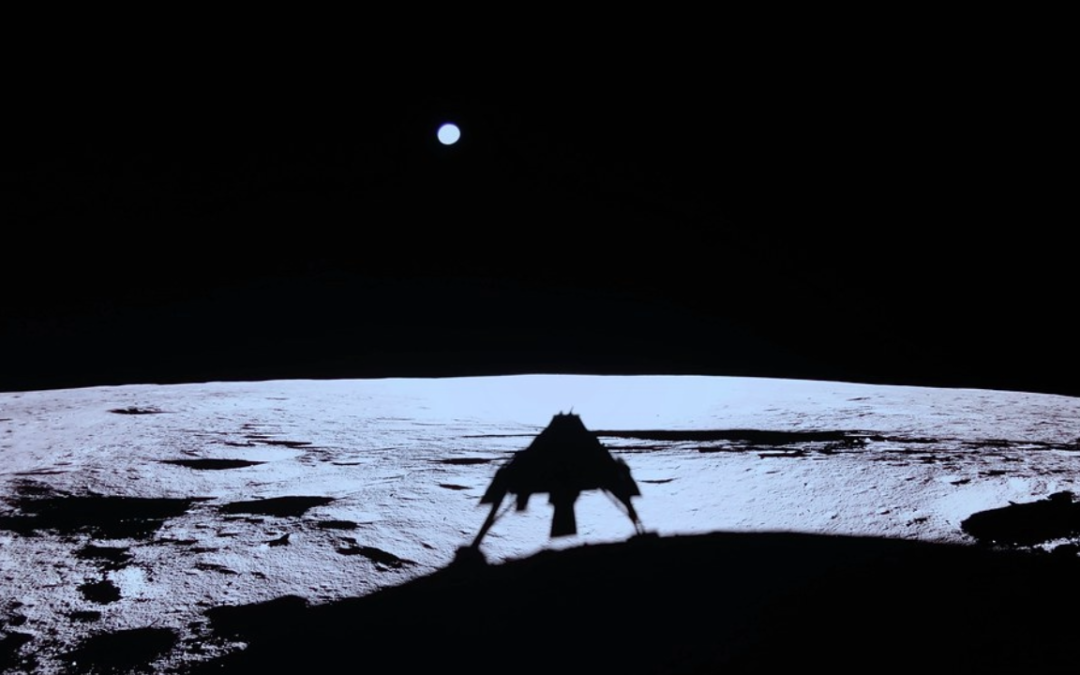
Humanity has turned its focus back to the Moon, sending a fleet of spacecraft to the lunar surface. Some are run by the government, but there’s a whole new group of commercial landers bearing instruments to the lunar surface. Is this the future of lunar exploration?…
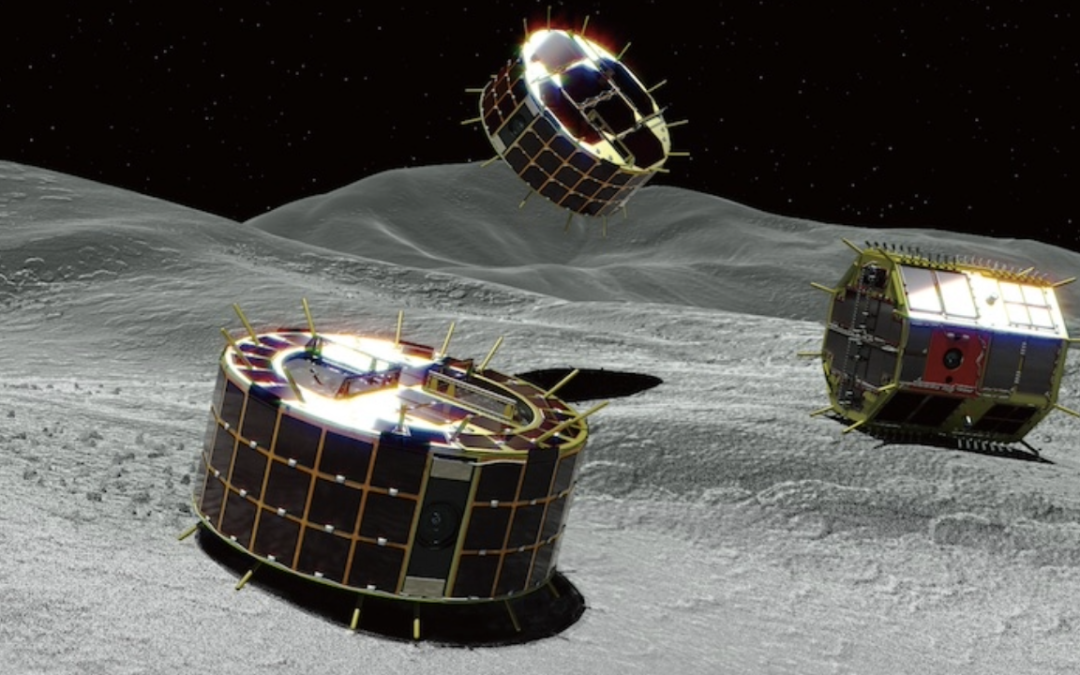
Astronomy Cast dive into the wild world of non-roving rovers. The future of exploration isn’t just rolling… it’s hopping, flying, crawling, and swimming!
Recent Episodes

Take a fact-based journey through the cosmos. Tune in to hear weekly discussions on astronomical topics ranging from planets to cosmology. Hosted by Fraser Cain (Universe Today) and Dr. Pamela L. Gay (Planetary Science Institute), this show brings the questions of an avid astronomy lover direct to an astronomer. Together Fraser and Pamela explore what is known and being discovered about the universe around us. Astronomy Cast is supported thru patreon.com/AstronomyCast.
Astronomy Cast Ep. 762: Science in Crisis – NASA’s New Budget By Fraser Cain & Dr. Pamela Gay Streamed live on Jun 30, 2025. Hosted by: Fraser Cain and Dr. Pamela L. Gay Normally we try to end the season on a high note. But there’s unfolding news that we just HAVE to cover before we leave you for the summer. NASA’s new budget is here, and it’s 25% smaller. We’ll cover what the changes are and try to understand the implications. It’s a bad decade to be a researcher. We’re going to look at why, and what US cuts will mean for the world. SUPPORTED BY YOU This Episode is made possible thanks to our Patrons on Patreon. Join at the Galaxy Group level or higher to be listed in our YouTube videos. Thanks to: BogieNet, Stephen Vei, Jeanette Wink, Siggi Kemmler, Andrew Poelstra, Brian Cagle, David Truog, Ed, David, Gerhard Schwarzer, Sergio Sancevero, Sergey Manouilov, Burry Gowen, David Rossetter, Michael Purcell, Jason Kwong
